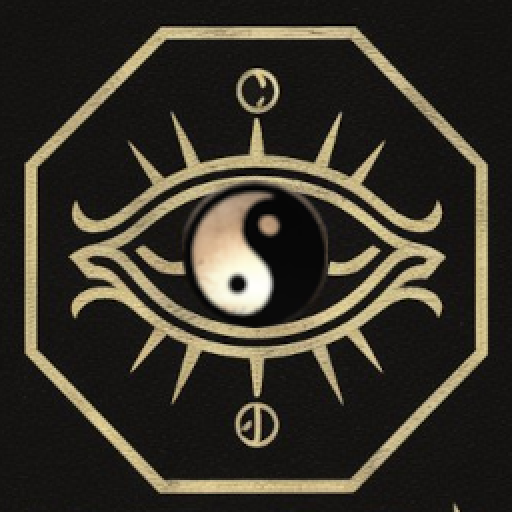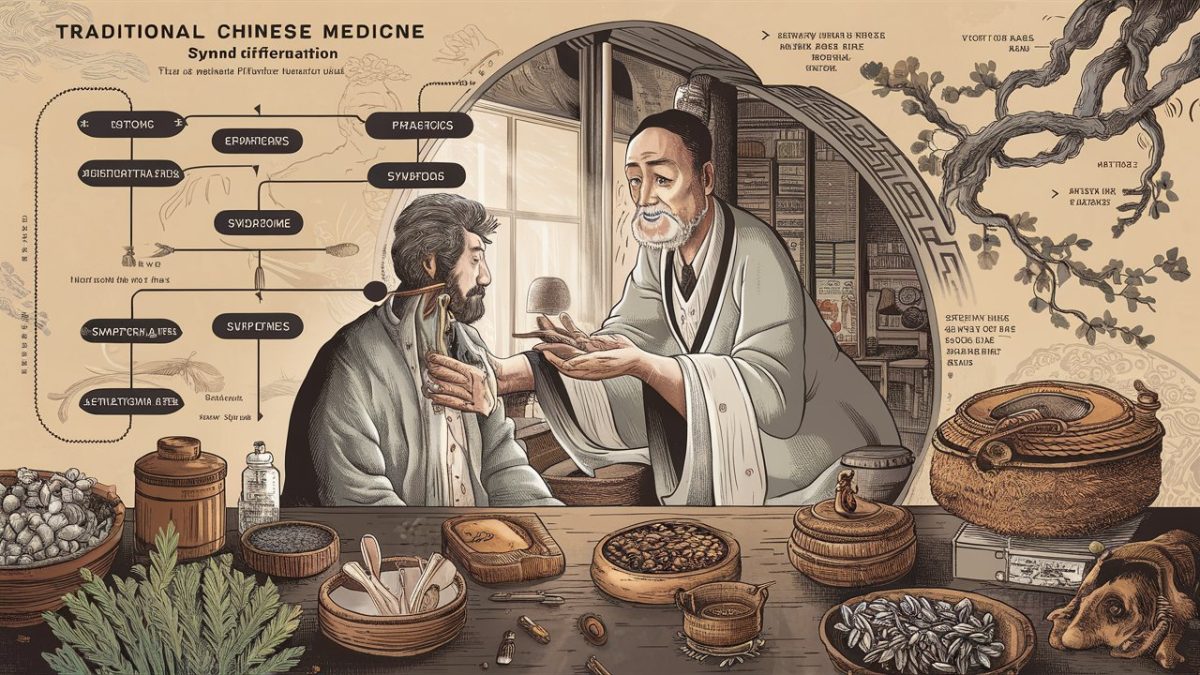Introduction
Syndrome differentiation and treatment, known as “Bian Zheng Liao Fa” in Traditional Chinese Medicine (TCM), is a fundamental therapeutic principle that emphasizes the individualization of treatment based on the unique presentation of symptoms and signs in each patient. This approach stands in contrast to a one-size-fits-all method and is central to the practice of TCM. This article aims to provide an in-depth understanding of the concept of syndrome differentiation and treatment, its theoretical basis, and its application in TCM.
Theoretical Basis of Syndrome Differentiation and Treatment
Holism in TCM
TCM views the human body as an integrated whole, where the balance of Yin and Yang, the flow of Qi and blood, and the harmony of the five elements are essential for maintaining health. This holistic perspective underpins the approach to syndrome differentiation and treatment.
Individuality of Patients
Each person is considered unique in TCM, with distinct constitutions, emotional states, and responses to environmental factors. This individuality is crucial for understanding the patient’s condition and formulating an appropriate treatment plan.
Dynamic Changes in Health
TCM recognizes that health is not static but changes over time due to various factors, including seasons, diet, emotions, and aging. The concept of syndrome differentiation adapts to these dynamic changes.
Principles of Syndrome Differentiation
Gathering Information
The process begins with the four diagnostic methods of TCM: observation, auscultation and olfaction, inquiry, and palpation. These methods are used to collect comprehensive information about the patient’s condition.
Analyzing Symptoms
The collected data is analyzed to identify patterns or “syndromes” that reflect the underlying disharmonies in the body. This analysis considers the nature, location, and manifestations of symptoms.
Formulating a Treatment Plan
Based on the identified syndrome, a treatment plan is formulated to restore balance and harmony. This plan may include acupuncture, herbal medicine, dietary adjustments, and lifestyle modifications.
Application of Syndrome Differentiation in Treatment
Acupuncture
Acupuncture selects specific points on the meridians that correspond to the identified syndrome, aiming to regulate the flow of Qi and blood, and to balance Yin and Yang.
Herbal Medicine
Herbal formulas are tailored to the patient’s syndrome, using a combination of herbs that address the root cause and symptoms of the imbalance.
Dietary Therapy
Dietary recommendations are personalized to support the treatment plan, focusing on foods that nourish the deficient aspects and avoid those that exacerbate the condition.
Lifestyle Adjustments
Lifestyle changes are recommended to prevent and treat diseases, considering factors such as exercise, sleep, and emotional well-being.
Integration with Modern Medicine
Complementary Approach
TCM’s syndrome differentiation and treatment can complement modern medicine by addressing the root causes of diseases and supporting the body’s self-healing abilities.
Personalized Care
The individualized approach of TCM resonates with the modern trend towards personalized medicine, offering a unique perspective on patient care.
Prevention and Health Promotion
TCM emphasizes prevention and health promotion through syndrome differentiation, which aligns with the modern focus on wellness and lifestyle medicine.
Conclusion
Syndrome differentiation and treatment is the cornerstone of TCM, offering a personalized and holistic approach to health care. By understanding the unique needs of each patient and adapting treatment plans accordingly, TCM practitioners can effectively address a wide range of health issues, from acute conditions to chronic diseases.
This traditional approach, with its emphasis on the dynamic interplay of body systems and the individuality of patients, provides a valuable framework for modern health care. As we continue to explore the integration of TCM with modern medicine, the wisdom of syndrome differentiation and treatment will undoubtedly contribute to the advancement of personalized and comprehensive health care.

